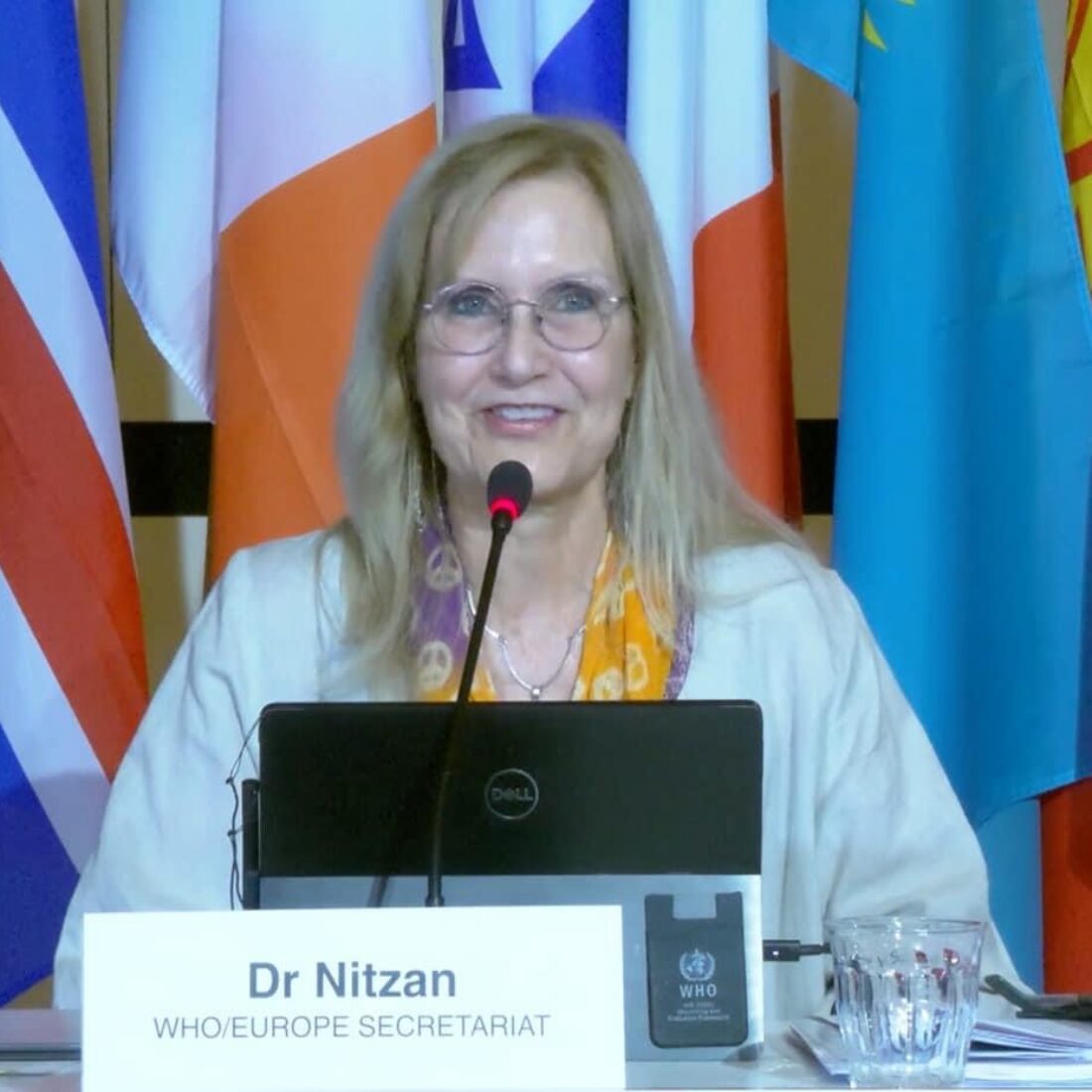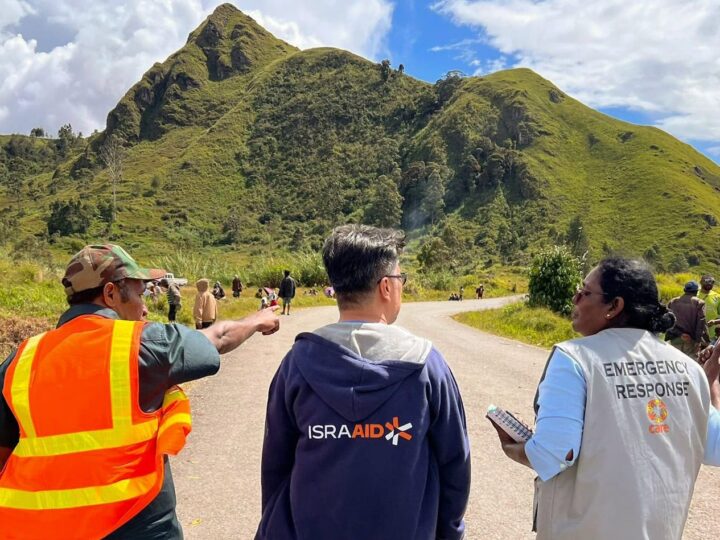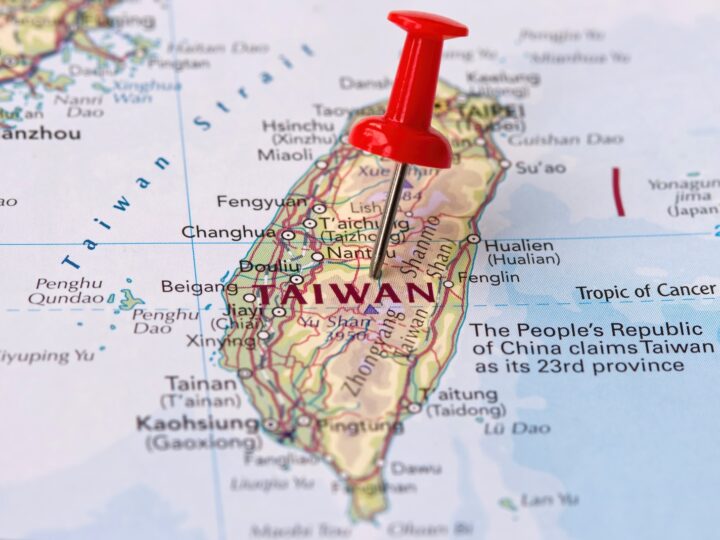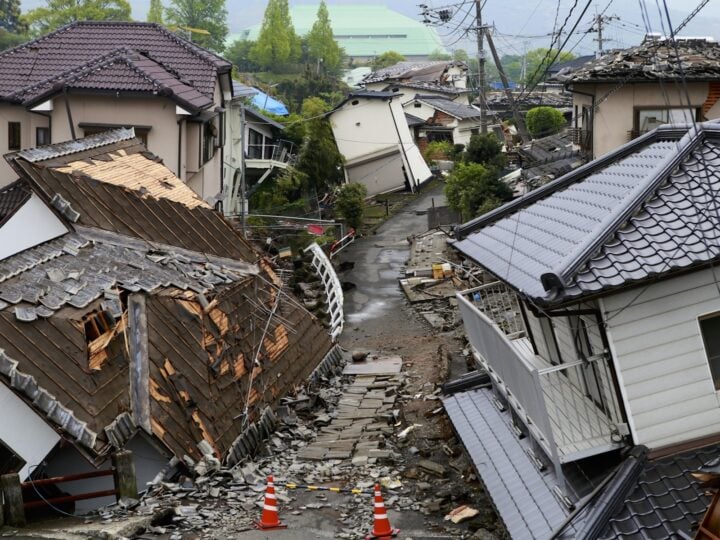Since October, Dr. Dorit Nitzan has been home in Israel, directing the master’s degree program in emergency medicine preparedness and response at Ben-Gurion University of the Negev.
This is unusual, because as an employee of the World Health Organization she lived abroad most of the past 17 and a half years.
“Health can become a bridge for peace,” says Nitzan, a dietician, pediatrician and public health expert.
She directed the Food and Nutrition Administration in the Israeli Ministry of Health from June 1996 until September 2005 and did global health work through the ministries of Health and Foreign Affairs and the World Food Program.
One of her first assignments was working in Ethiopian feeding camps in the wake of a famine.
After joining WHO, Nitzan managed the public-health aspects of the South-eastern Europe Health Network and was WHO’s representative in Serbia until 2012. Her team received the UN’s 21st Century Award for its work with the Roma community.

“The challenges faced by the Roma people have been escorting my life for many years,” she says.
“They had no access to education, health or welfare services, and many were sick. This taught me that we have to pay attention to the most vulnerable, addressing poverty and social determinants of health.”
She carried that understanding into my next post as WHO representative in Ukraine from 2012 to 2016.
Her answer to the Roma problem was uniquely Israeli. “We established in Belgrade what I called the first Roma kibbutz,” she says.
The SWIFT (Sustainable Waste Initiative For a Healthier Tomorrow) village was centered around a collective waste-management center. Now run by the community itself, SWIFT offered healthcare and schooling for children and adults. Nitzan knew that access to health services, literacy and employment could make the Roma visible in a society that ignored them.
“Serbia and other countries have taken huge strides since then,” she notes.
You are meaningful
Nitzan was much more fortunate than the Roma. She and her sister grew up in a loving family in a modest apartment in Rishon LeZion where her father, military careerist Meir Nitzan, would later serve four terms as mayor starting in 1983.
“Love and care, and knowing you are meaningful to someone, is such an important determinant of health and wellbeing,” she says.

“My parents are always involved in leadership and helping others. My sister and I learned to care about the neighbors, about the elderly, and were encouraged to become what we wanted to be.”
She got an extra push from an unwelcome event: a breast cancer diagnosis when she was 33 and a newly minted physician.
“From this lemon came such great-tasting lemonade,” Nitzan says.
“I decided if I might have a short life I needed to do what I always dreamed about. Since I was a child, I wanted to be a physician, an ambassador and an actress. So I decided to try to combine them all somehow.”
How communities manage
Nitzan’s work experience is broad in terms of both tasks and geography.
She served as a nutrition, food safety, public health and emergency response consultant in China, Moldova and the Russian Federation.
She has led disaster preparedness and response missions to Africa, South America and Asia, including after the 2004 tsunami in Thailand and the 2017 cholera outbreak in Ethiopia.
“Both times in Ethiopia, I was struck by how the communities took charge and organized themselves. Each five families had one household that received health education and helped the neighbors in groups of 10 and 20 families,” she says.
“I was impressed that people without access to health services, living in extreme poverty, have strong social ties and mutual support that helped them to raise their children and send them to school — including girls,” says Nitzan, the mother of two grown daughters.
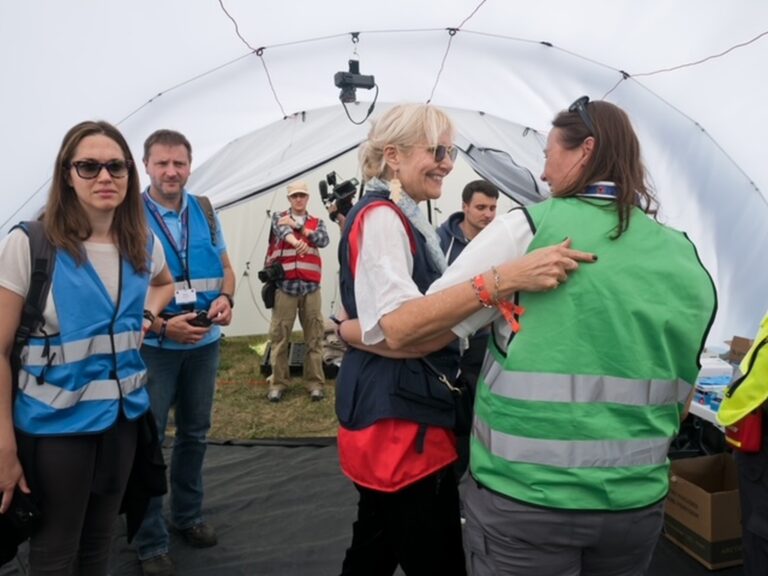
“I visited Ethiopia recently and saw that these children are well educated and working nationally and internationally. In places where people help each other, even if the government is not strong or supportive, they can succeed. So wherever I go, I try to see how communities manage.”
Retired, but not for long
After Ukraine — where she led WHO and Health Cluster humanitarian operations and the polio outbreak response among other duties — Nitzan spent four years in the WHO Regional Office in Copenhagen in various leadership capacities.
On February 18, 2022, Nitzan retired from WHO and went home. On February 24, Russia invaded Ukraine.
“I called everyone I know in humanitarian aid. Fortunately, the chair of NATAN Worldwide Disaster Relief came to my home and asked if I’m ready to lead the first mission, which I agreed to do with the support of Udi Cohen, who knew the system better than I did,” says Nitzan.
“For me, that was amazing because after starting my international career in the feeding camps in Ethiopia and then so many years in managerial positions in WHO, here I was working with people again.”
In April, WHO’s regional director asked Nitzan to come back and lead its health and related humanitarian response in Ukraine. She remained there for six months.
Heartbreaking
She found the situation in Ukraine heartbreaking.
“I saw a soldier in a hospital with half his body missing. I saw children and mothers walking in freezing temperatures, walking from hell to the unknown. You can see that we humans inflict more damage on each other than earthquakes or hurricanes. It’s just horrible.”
However, she is hopeful that once the conflict finally ends Ukrainians will regain their wellbeing as she saw happen in Serbia in 2001 after the long Yugoslav war ceased.
“During the Yugoslav war, health was jeopardized especially for the poor, disabled, older people, and those with chronic diseases and for the marginalized, like the Roma. Each family had members on opposite sides of the war. But once the fighting stopped, people were ready to forgive and work together for everyone’s wellbeing,” says Nitzan.
The South-eastern Europe Health Network was the platform for shared leadership and cooperation. Each country led specific health areas. For example, Bosnia and Herzegovina was the leader for mental health, and Albania for communicable diseases.”
This “health for peace” model continues to inspire her.
Solidarity in our DNA
In all the disaster areas Nitzan has seen firsthand over the years, she notes, Israelis are “always among the first to run and help. I’m always very proud to see that.”
“We are very experienced in many aspects of humanitarian aid. And solidarity runs in our DNA. We know to give a hand. We care,” she says.
Israelis don’t just cooperate with other organizations on the ground but suggest how operations can be run better, she adds.
“We bring innovative approaches wherever we go. We come with different ideas for how to do things, out-of-the-box ideas.”
She does, however, see room for improvement. “Israeli humanitarian aid NGOs and volunteers need more support from the state because many of them have no health insurance when they go overseas and I want to make sure we have a package for frontline workers abroad,” she says.
“And we need a larger budget for humanitarian aid. MASHAV [Israel’s agency for development cooperation] is great but should get a percentage of GDP. The current funding is not sufficient to make the tikkun olam [world repair] that we are all striving for.”
Through her membership in the Society for International Development (SID) Israel, she plans to advocate for these change in Israel’s Knesset.
Dana Manor, deputy director of SID Israel, says Nitzan is a role model for positive change.
“We value Dorit’s guidance to improve the field of international development and humanitarian aid in Israel and promoting the beautiful work we do. She helps advise us on how Israel can network with WHO and other humanitarian bodies around the world,” says Manor.
Nitzan also feels that Israel must better educate humanitarian workers, and that’s one reason she’s excited about her new post at BGU.
“I’ve taught in universities in Europe and in the universities in Jerusalem, Haifa and Tel Aviv. I am so fortunate to come back now and train younger generations that will join the frontline workforce.”




